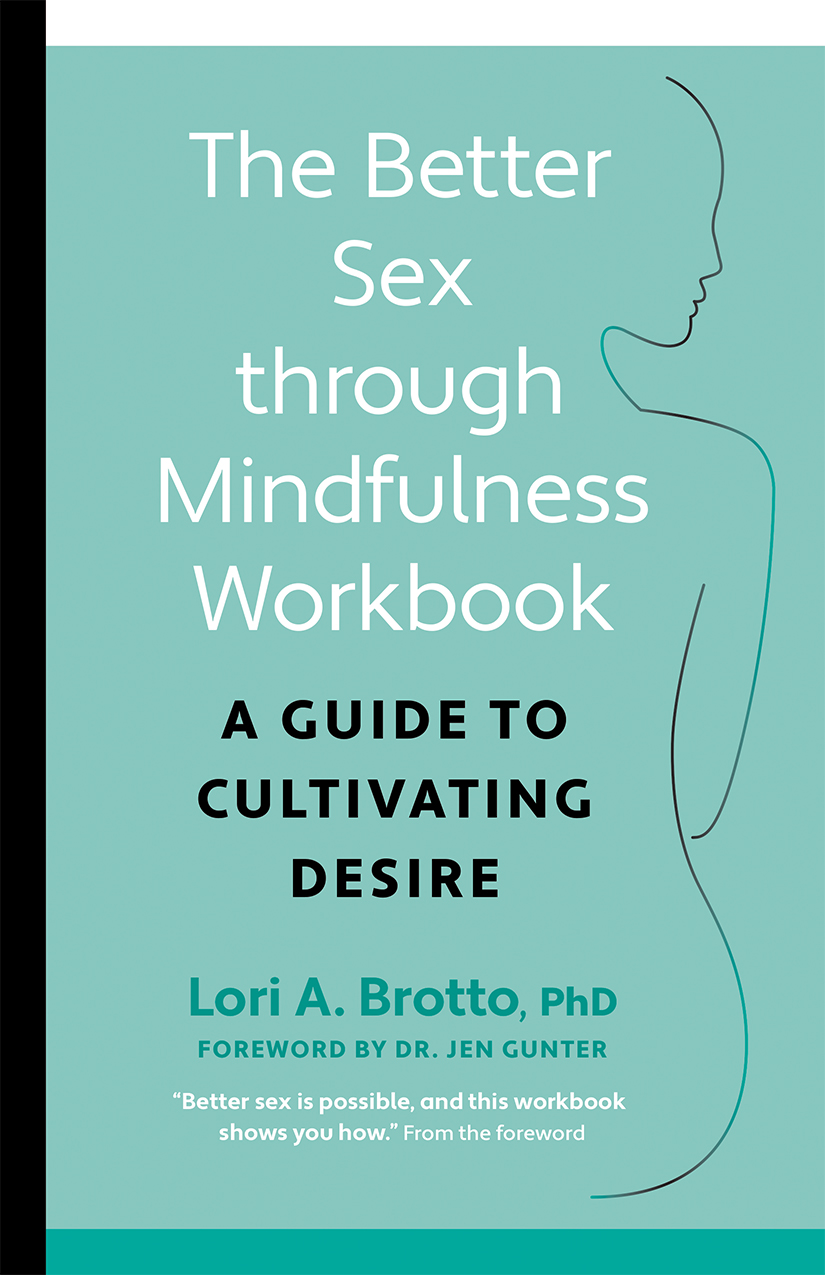
When UBC psychologist and sex researcher Dr. Lori Brotto published her first book, Better Sex Through Mindfulness, she upended convention by revealing how mindfulness can be used to treat sexual difficulties in women, such as lack of desire, pain and trauma.
Soon after, Dr. Brotto’s Sexual Health Research Lab was inundated with requests to participate in her research program.
Now, Dr. Brotto is back with a companion book – The Better Sex Through Mindfulness Workbook – that empowers readers to apply her team’s evidence-based program in their everyday lives. We spoke with Dr. Brotto, a professor in UBC’s department of obstetrics and gynaecology, about how the practical, step-by-step guide can help everyone, not only women, cultivate sexual desire and improve sexual satisfaction.
What is mindfulness?
Mindfulness derives from the ancient practice of Buddhist meditation, but it’s become increasingly prominent in health care to treat a range of conditions, like chronic pain, anxiety, and more recently, sexual health challenges.
At its core, mindfulness is about paying attention on purpose, nonjudgmentally. You bring your attention to a particular target, such as your breath or a part of your body, and you focus on the sensations, thoughts and feelings that arise. Equally important is that you do this with compassion and kindness, learning to acknowledge and accept each passing sensation without judgement.
How can mindfulness lead to better sex?
Tuning in is more effective than tuning out. Mindfulness strengthens the connection between our mind and our body, and it centres us in the present moment, which helps a lot of people overcome barriers that impede sexual desire, such as ruminating on past events, or catastrophizing about future ones.
The studies we’ve done, which have been replicated by researchers around the world, demonstrate that not only does mindfulness work, but the improvements are long lasting. The efficacy is greater than any Health Canada or FDA approved medication for sexual dysfunction in women, and more effective than any other psychological approach that has been evaluated as well.

In the book’s first exercise, you say a raisin can be all you need for mindful sex. What is the purpose of this?
This is a really powerful activity and a great introduction to mindfulness. Participants quite literally spend 10 minutes slowly eating a raisin using all of their senses. We ask them: what do you see? What do you smell? What happens when you place the raisin against your lips?
At the end we do a formal inquiry and the insights can be profound. It provides a window into how the mind anticipates, how we might be impatient or judgmental, and how the body involuntarily starts salivating when the raisin approaches our lips. It’s a beautiful illustration of brain-body connection.
Who can benefit from this workbook?
Up to 40 per cent of women experience loss of sexual desire, reduced pleasure or sexual pain at some point in their life. But I think mindfulness can be for everyone. You don’t need to have a diagnosed sexual dysfunction. Maybe you just want to improve your sex life or reconnect with your partner. We designed the program primarily for women, but our research is showing that the same techniques benefit men and the gender-diverse people who take part in our groups, and I have included information for these populations in the workbook as well.
Are there health benefits from good sex?
Sexual health is an important contributor to overall health. This connection has been proven by studies time and time again. In the same way that you want to keep your blood pressure and blood sugars in check, or you want to exercise and watch your alcohol intake, we should be thinking about and talking to physicians about our sexual health.
Are there any myths about sex that you want to clear up?
The myth that sexual desire is something you either have or you don’t. A lot of women feel like there must be something wrong with them if they’re lacking sexual desire. There is not. In reality, it’s perfectly normal to start a sexual encounter with no desire at all. Desire can emerge after or in response to arousal, rather than being there at the outset. Desire can be cultivated and mindfulness is one of the ways we can do that.
The Better Sex Through Mindfulness Workbook by Dr. Lori Brotto is available October 18, 2022 from Greystone Books.